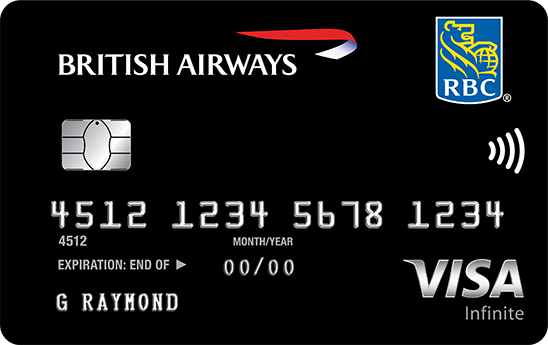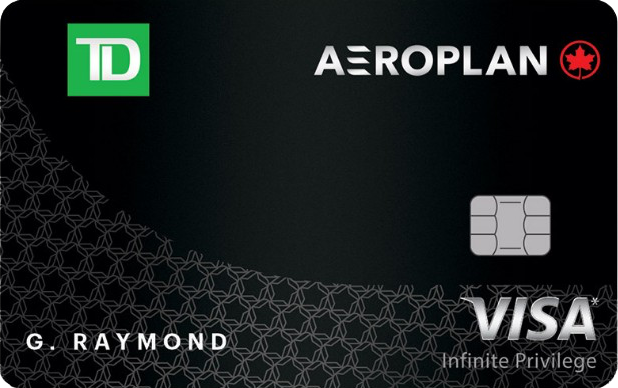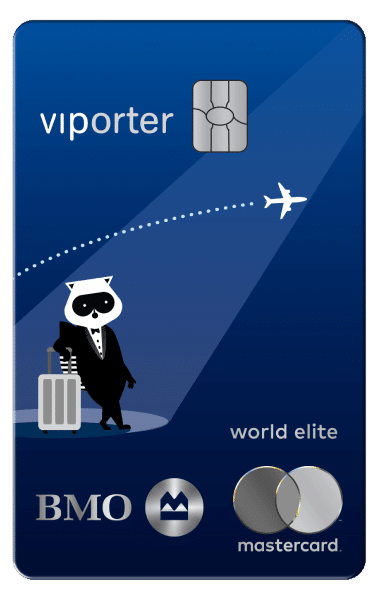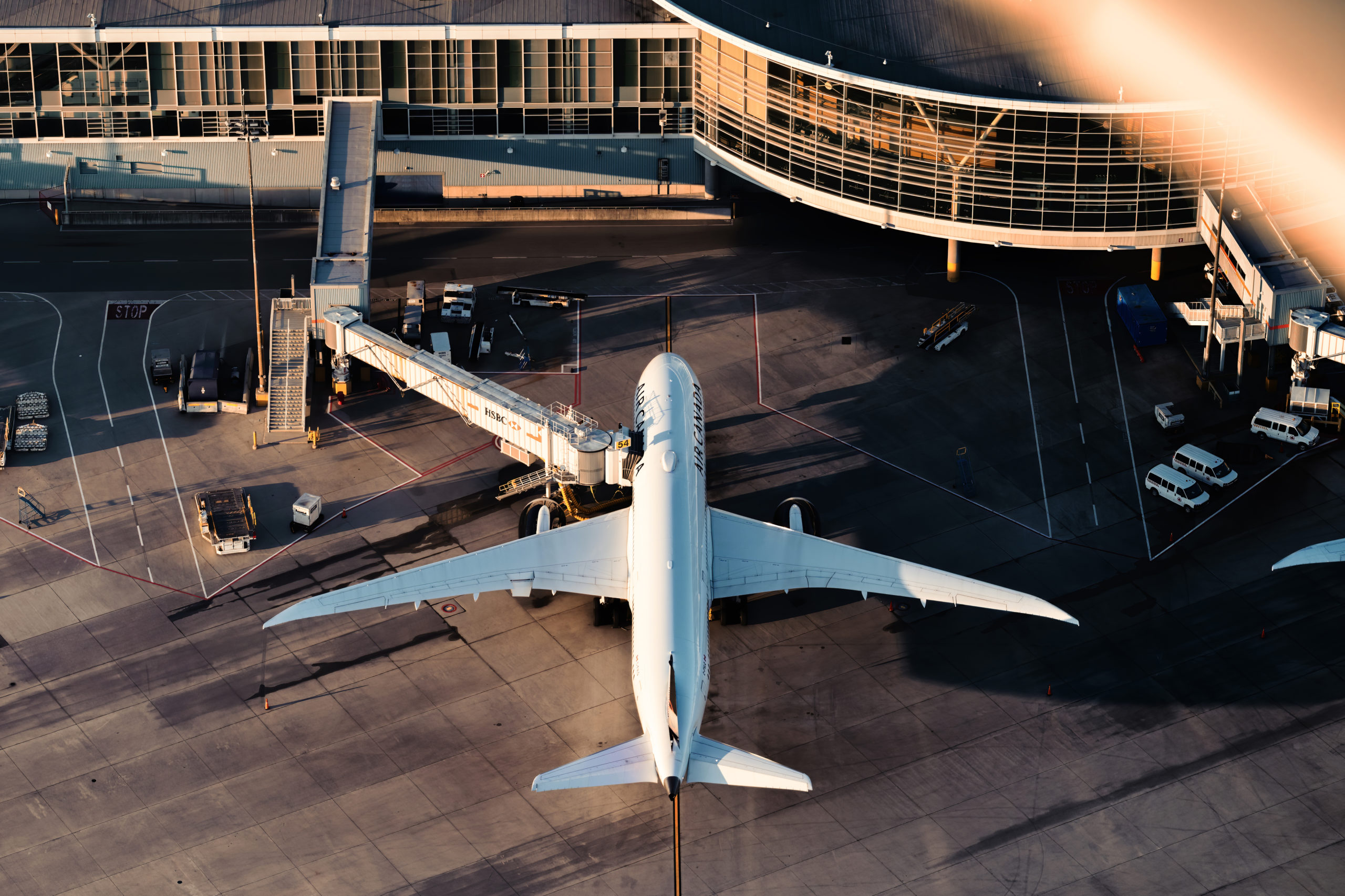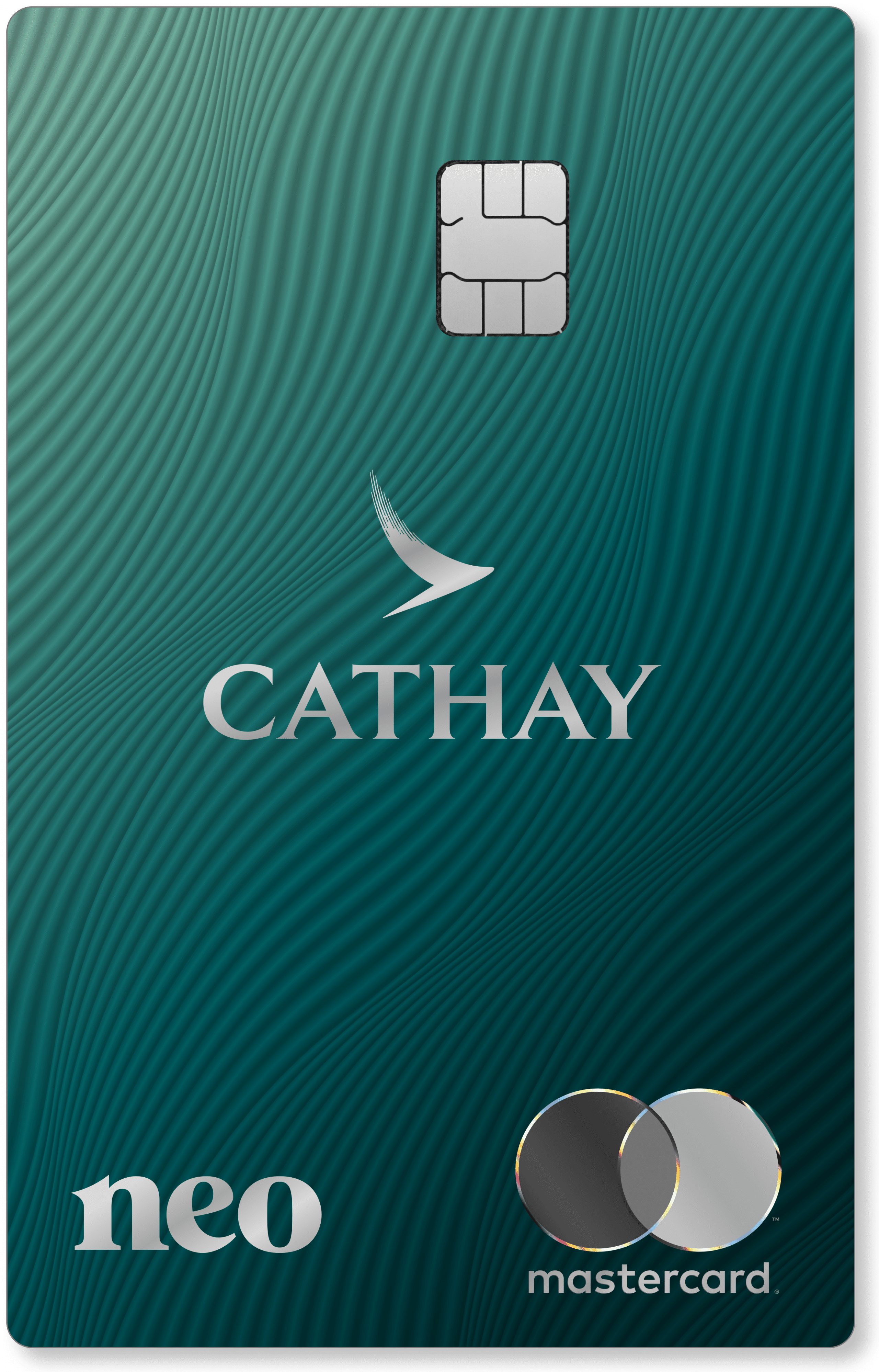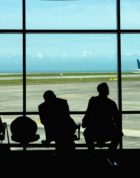A question that often comes up in the Prince of Travel Community is whether it’s better to book one-way or round-trip flights. Of course, it differs with each individual situation, but there are some general principles to go by, which is what we’ll cover in this article.
In many cases, booking one-way flights offers greater flexibility and customization. This isn’t always the case, though, and you’ll want to think about the cost, routing rules, cancellation fees, and the use of vouchers when making a decision to book a one-way or round-trip booking.
Let’s take a look at the pros and cons of booking one-way and round-trip flights, especially as it pertains to award travel.
In This Post
- Generally Speaking, Book One-Ways
- Book Round-Trip Flights with Vouchers
- Book Round-Trip Flights to Lower Costs
- Book Round-Trips to Save on Cancellation Fees
- Book Round-Trips for Extra Stopovers
- Conclusion
Generally Speaking, Book One-Ways
For my personal bookings, and in the majority of cases for award booking recommendations, I almost always book one-way flights. Sure, it adds another booking reference to keep track of, but I find that it works best for me.
One of the reasons why I book one-way flights is that my travels don’t tend to be simple and linear. For example, for a recent trip to Australia, I had the following flights booked:
- Toronto to Brisbane via Vancouver (Air Canada, booked with Aeroplan points and eUpgrades)
- Gold Coast to Sydney (Virgin Australia, booked with Aeroplan points)
- Sydney to Canberra (Virgin Australia, booked with Aeroplan points)
- Canberra to Hobart via Melbourne (Qantas, booked with British Airways Avios)
- Hobart to Melbourne (Qantas, booked with cash)
- Albury to Sydney (Qantas, booked with cash)
- Sydney to Victoria via Vancouver (Air Canada, booked with Aeroplan points and eUpgrades)
In total, I had seven one-way bookings with two different loyalty programs and the rest with cash booked directly with the airlines.
When it comes to the long-haul flights to and from Australia, if I needed to change or cancel any of my points bookings, having them booked as one-ways would allow me to avoid repricing the entire round-trip, which could result in a massive increase in Aeroplan points under dynamic pricing.
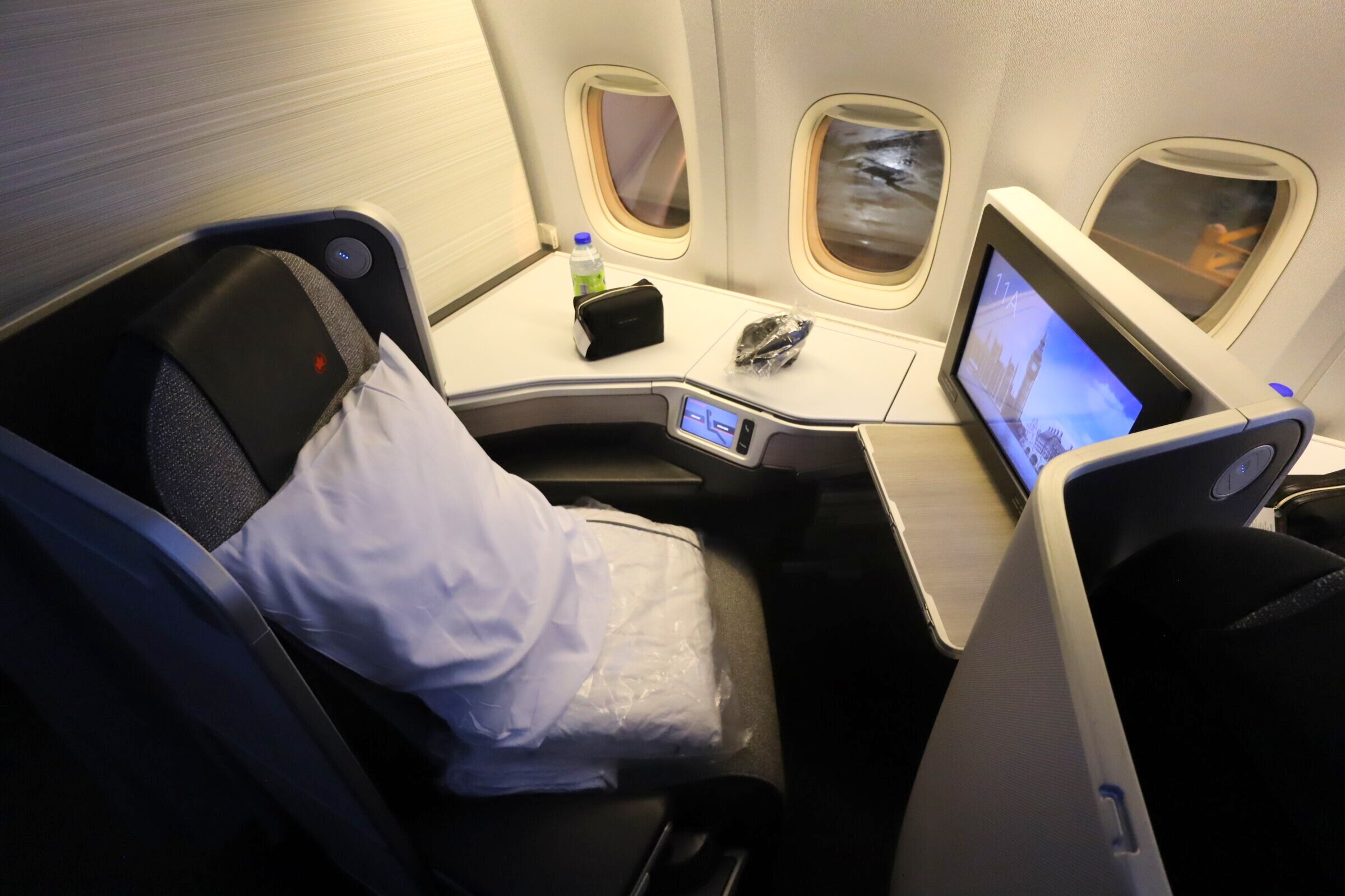
Even if your travel tends to be less dynamic than a trip like the above, I still would argue that one-ways are the way to go for most award bookings.
Sometimes, plans change, and missing any flights on a round-trip itinerary invalidates the rest of the itinerary. Having a trip booked on two separate one-way itineraries allows for maximum flexibility, in that you won’t lose out on the rest of your flight if your plans change and you miss a connection.
If you’re savvy, you might compare the cost of each one-way flight with points and cash prior to booking. You may encounter an excellent price for one direction, only to find that the other way is much more expensive.
In this case, you could book the cheaper price with cash, and then use points to cover the cost of the other direction, which helps to squeeze more value out of your points.
Of course, this doesn’t usually work for international bookings, where one-way cash tickets are often nearly as much as a round-trip, which we’ll discuss below.
Book Round-Trip Flights with Vouchers
There are some compelling reasons to book round-trips in place of one-ways, though, so one-way flights won’t always be the most ideal way to go about booking a trip.
One of the main reasons for booking round-trip flights is any time you have a voucher to redeem. This could be in the form of a companion voucher from a credit card, such as the Air Canada Annual Worldwide Companion Pass, the WestJet annual companion voucher, the VIPorter companion pass, or the British Airways Companion Award eVoucher.
| Credit Card | Best Offer | Value | |
|---|---|---|---|
|
Up to 140,000 Aeroplan points
$599 annual fee
|
Up to 140,000 Aeroplan points | $3,680 | Apply Now |
|
130,000 Aeroplan points
$599 annual fee
|
130,000 Aeroplan points | $2,682 | Apply Now |
|
60,000 Avios†
$165 annual fee
|
60,000 Avios† | $899 | Apply Now |
|
Up to 85,000 Aeroplan points†
$599 annual fee
|
Up to 85,000 Aeroplan points† | $871 | Apply Now |
|
85,000 Aeroplan points
$599 annual fee
|
85,000 Aeroplan points | $845 | Apply Now |
|
Up to 70,000 VIPorter points
First Year Free
|
Up to 70,000 VIPorter points | $735 | Apply Now |
|
45,000 WestJet points†
$119 annual fee
|
45,000 WestJet points† | $406 | Apply Now |
You can squeeze more value out of a companion voucher by booking a round-trip fare instead of a one-way. This is simply because you usually stand to save more on two or more flights instead of just one.
The savings can be enough to justify the annual fee on a premium credit card, so it’s best to consider using them for high value cash bookings, such as for last minute travel or travel during peak periods.
Other types of vouchers, such as Priority Rewards earned by travellers with Aeroplan Elite Status, also are more valuable when redeemed for round-trip flights instead of one-ways.
For example, a Priority Reward redeemed by a Super Elite is good for 50% off of a round-trip business class booking with any Aeroplan partner anywhere in the world.
A round-trip flight from Toronto to Bangkok via Istanbul on Turkish Airlines regularly costs 87,500 points each direction, but a Priority Reward knocks down the cost to 87,500 points for a round-trip.
Sure, you could use a Priority Reward for a one-way flight to Asia and still save a handsome amount of points, but since you have to spend money to earn Priority Rewards, you’re best suited to using them on a round-trip booking for the best value.
Book Round-Trip Flights to Lower Costs
Another factor to consider when choosing between round-trip and one-way bookings is the cost.
For all domestic and most transborder flights, airlines tend to price out fares as the sum of two one-ways. This means that it generally doesn’t make a difference if you book one-way flights.
The exception is that on some transborder flights, fares are structured a bit differently, and it may be more advantageous to book round-trips in some situations. Your best bet is to run a search for round-trip and one-way flights to see if there’s a diference.
For example, a one-way flight from Toronto to Vancouver might cost $200 in one direction and $150 in the other. It makes no difference if you book as a round-trip or two one-ways – you’ll wind up paying $350 either way.
The same isn’t usually true for international flights. This is due to the way fares are constructed, and it’s almost always a much better deal to book a round-trip cash fare for international flights versus one-ways. The exception to this rule tends to be with low-cost carriers, which price out international flights as the sum of two one-ways.
For example, a one-way flight from Vancouver to Paris might cost $875 with Air France, and from Paris to Vancouver, a one-way flight might cost $1,956.
Those same flights booked as a round-trip price out at only $983, which results in a massive $1,848 in savings.
One advantage of booking flights with points is that you usually aren’t subject to the same differences in one-way versus round-trip pricing. With fixed-cost programs, the pricing generally doesn’t change at all between round-trips and one-ways – you’ll pay the same whether you book one round-trip or two one-ways.
For programs that use dynamic pricing that is tied to the actual cost of flights, you’ll want to ensure that you look at the cost per direction to make sure it’s not cheaper to book a round-trip than two one-ways.
Another cost factor to consider is that the taxes and fees are calculated by the originating airport on a booking.
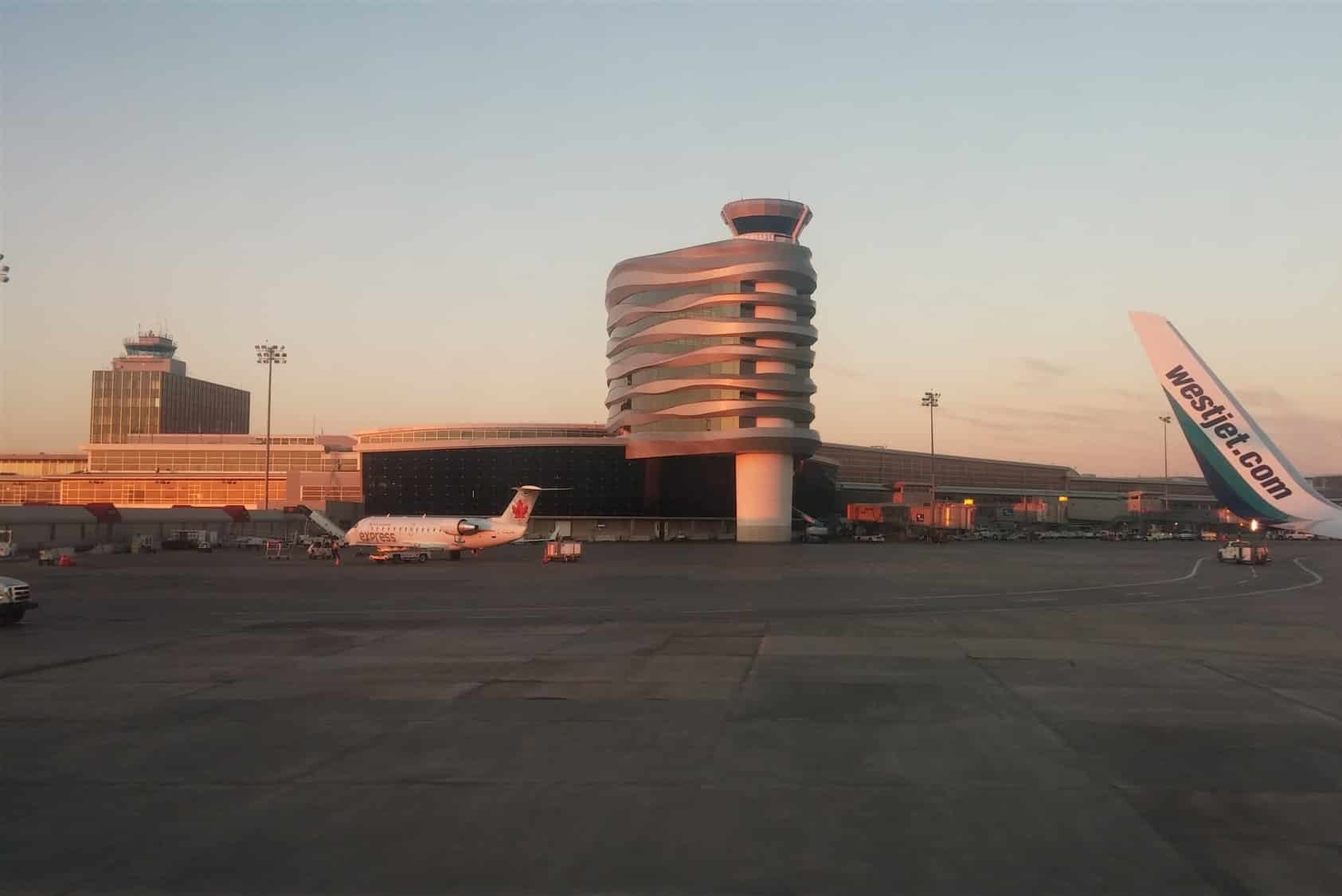
For example, if you book a round-trip flight to Toronto out of Edmonton, you’ll be charged 5% GST, as that is the current tax rate in Alberta. If you were to book two one-ways, you’d be charged 5% GST for the ticket from Edmonton, and then 13% HST on the flight from Toronto.
While the difference is negligible for award bookings, the costs can add up if you are paying cash for flights, especially on more expensive tickets. On business class fares, the difference in booking a round-trip instead of two one-ways could result in hundreds of dollars in savings.
Book Round-Trips to Save on Cancellation Fees
If you’re unsure of whether or not you’ll actually go on a trip, you’ll want to make sure that you can recover your costs if things go sideways.
For award bookings, you’d only be on the hook for one cancellation fee if you make a round-trip booking, versus having two cancellation fees for two one-ways.
Let’s use Aeroplan as an example. Depending on the fare, cancelling a single round-trip booking online could cost as much as $150, while cancelling two one-way bookings online could be double at $300.
Of course, one method to avoid this is to book a flexible fare to begin with, though you’ll incur a greater cost in points by doing so.
You’ll want to check the cancellation policies for the points program you’re booking with, as some, such as Alaska Airlines Mileage Plan and American Airlines AAdvantage, offer free cancellation on reward bookings.
Book Round-Trips for Extra Stopovers
Lastly, you’ll want to consider the routing and stopover rules before deciding on a one-way or a round-trip booking. This largely applies to award bookings, but it can also affect cash fares if the fare rules allow for extra stops on a round-trip booking.
Some programs, such as Aeroplan and Alaska Airlines Mileage Plan, allow stopovers on one-way bookings. Indeed, this is a great perk with both programs, and one that can be quite beneficial to travellers.
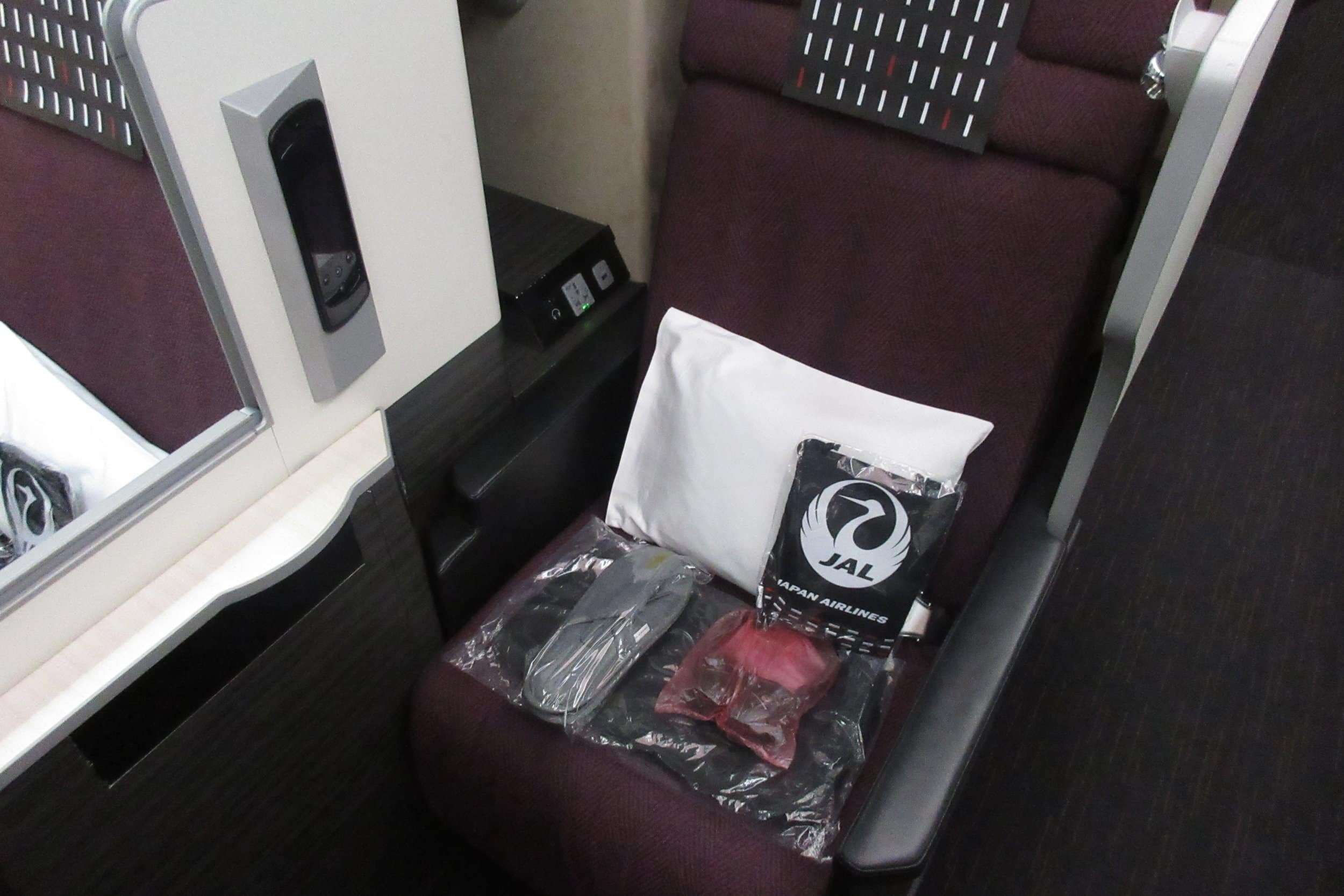
Other programs, such as Cathay Pacific Asia Miles, ANA Mileage Club, or Saver awards through Singapore Airlines KrisFlyer, only allow stopovers on round-trip bookings.
Therefore, if you want to stretch the value of your points with redemptions in these programs, you’ll want to book a round-trip over a two one-way bookings.
Conclusion
In the majority of cases, booking one-way journeys allows for greater flexibility with complex routings and also allows you to optimize the use of points and cash. In most cases, it’s best to book two one-ways over a round-trip.
There are exceptions to this, though, and in some cases, it’s much better to make a round-trip booking than two one-way bookings.
These situations can include using vouchers, booking international flights with cash, considering the various costs, and taking advantage of routing and stopover rules.




